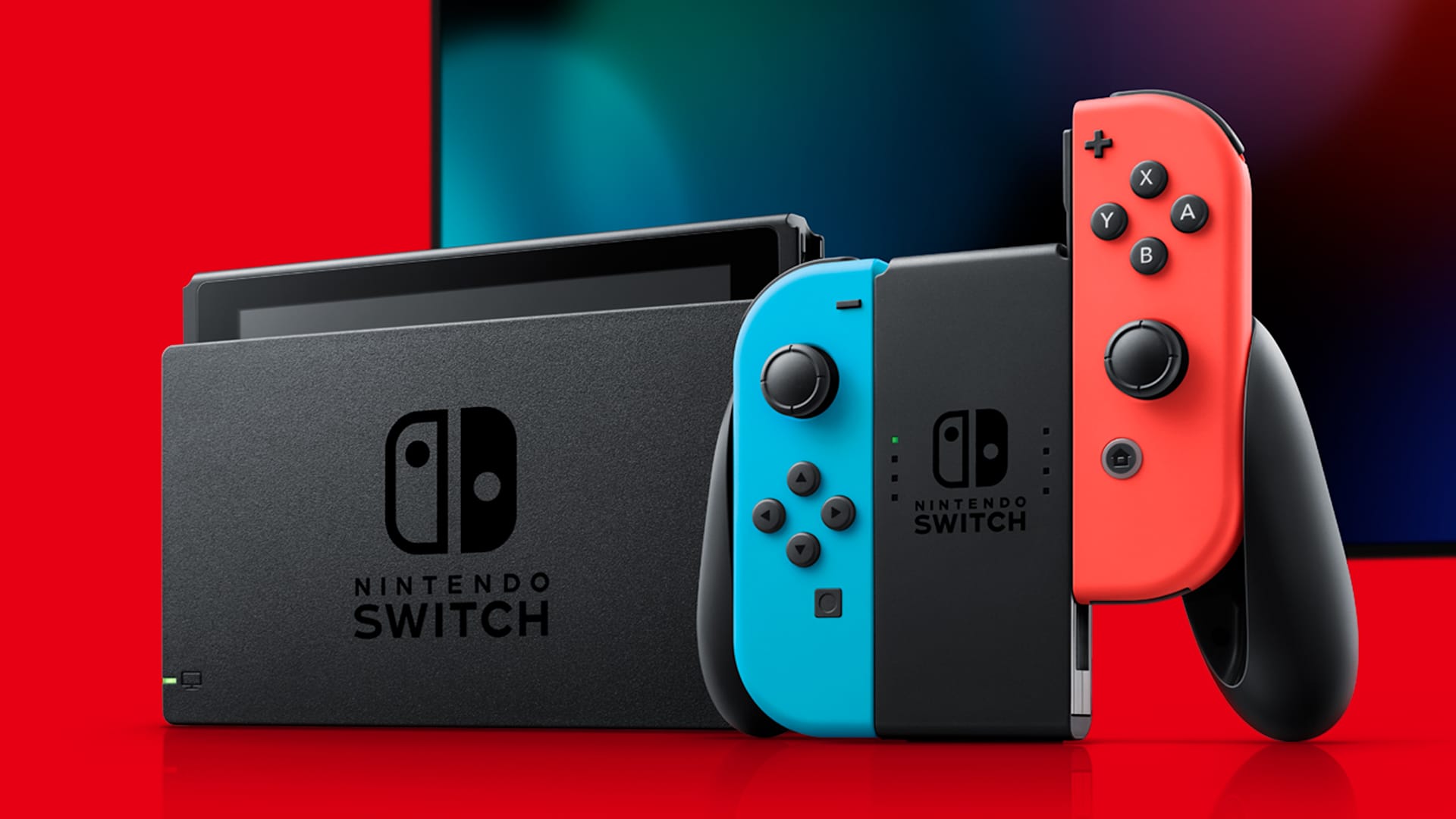As the nation focused on the results of the presidential election on November 5, 2024, Nintendo seized the moment to announce significant news regarding its much-anticipated next-generation console. In a tweet from the company’s Japanese Twitter account, Nintendo confirmed that the successor to the Nintendo Switch, often referred to as “Switch 2,” will indeed be backward compatible with existing Nintendo Switch games. This exciting revelation promises to reassure fans eager for a seamless transition to the new hardware while retaining access to their favorite titles.
Here's ads banner inside a post
A Landmark Announcement
During a Corporate Management Policy Briefing, Nintendo President Shintaro Furukawa made the groundbreaking announcement. He stated, “Nintendo Switch software will also be playable on the successor to Nintendo Switch.” This declaration is pivotal not only for existing Nintendo enthusiasts but also for the broader gaming community, marking a notable shift in Nintendo’s approach to backward compatibility. Furukawa further elaborated that Nintendo Switch Online services would also be available on the new console, providing continuity for the online gaming experience millions of players have come to enjoy.

Here's ads banner inside a post
This move reflects Nintendo’s understanding of its user base and the importance of retaining the goodwill of over 100 million active Switch users. The company recognizes that the vast library of Nintendo Switch games is a valuable asset and ensuring compatibility will play a crucial role in the success of the Switch 2. By retaining access to a wealth of beloved titles, Nintendo hopes to foster a strong community around its new console.
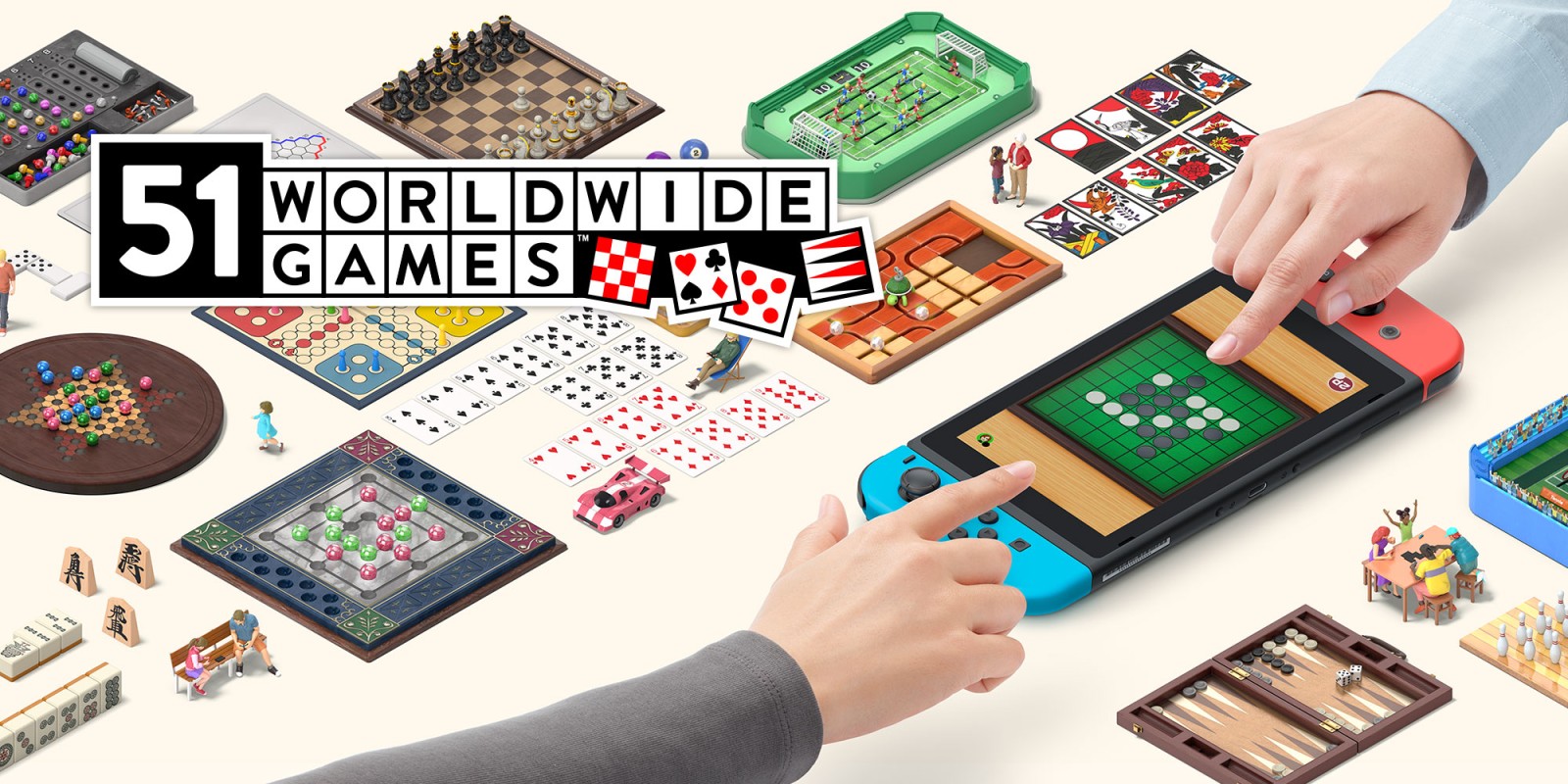
Bridging Generations
In its statement, Nintendo emphasized the significance of building on the existing Nintendo Account system. The company articulated its commitment to a smooth transition for users, aiming to carry over the established relationship with its active user base to the next console generation. This continuity is expected to enhance user loyalty and make the transition to the Switch 2 feel less daunting for gamers who have invested in the Switch ecosystem.
Here's ads banner inside a post
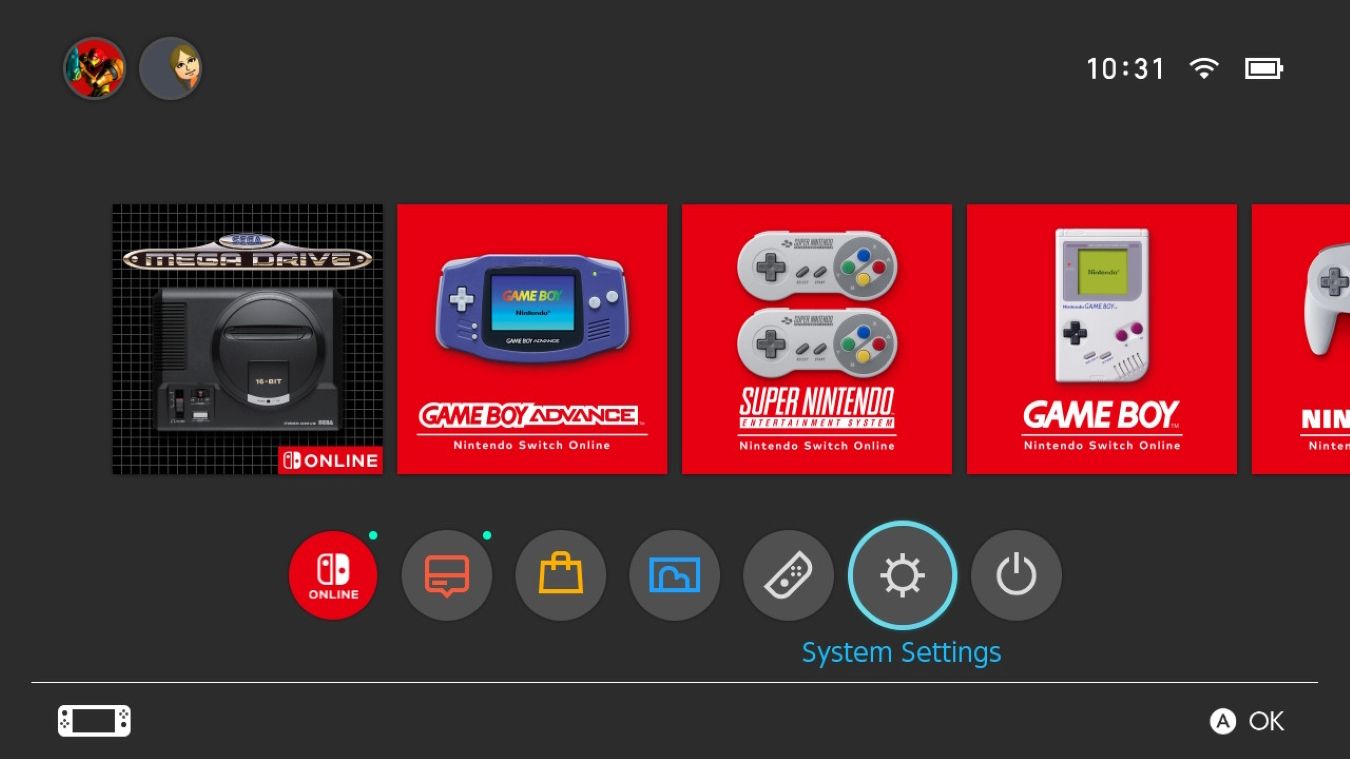
Furukawa hinted at the company’s dedication to making this transition as seamless as possible. He stated, “In addition to being able to play Nintendo Switch software they currently own, consumers will be able to choose their next purchase from a broad selection of titles released for Nintendo Switch on its successor.” This assures players that not only will their existing game library be preserved, but they will also have access to new titles designed for the next-gen console.
The Importance of Backward Compatibility
Backward compatibility has been a contentious issue in the gaming industry, with many players expressing frustration over losing access to their games when upgrading to new hardware. By confirming that the Switch 2 will support existing Nintendo Switch titles, Nintendo is addressing a key concern for consumers. This feature has the potential to significantly influence buying decisions, as players often hesitate to invest in new consoles if they fear losing access to their favorite games.
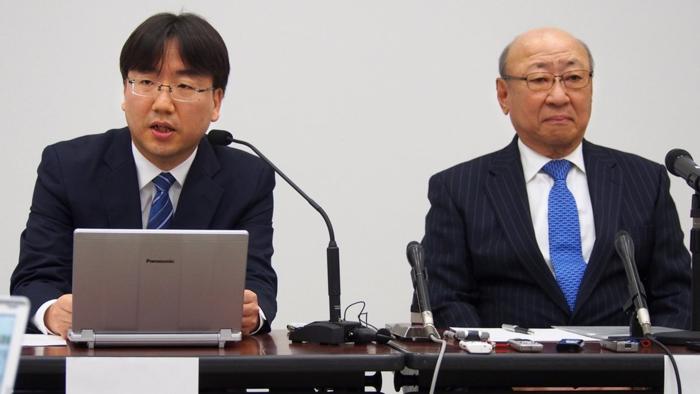
Nintendo’s acknowledgment of the importance of backward compatibility follows the growing trend among console manufacturers to support this feature. Companies like Sony and Microsoft have made strides in ensuring that older games can be played on new systems, and now Nintendo is joining this movement. The significance of this decision cannot be overstated, as it reinforces Nintendo’s commitment to its fan base and positions the company favorably against its competitors.
Unanswered Questions
While the confirmation of backward compatibility is exciting, several key details remain unclear. For instance, Nintendo has yet to elaborate on how this backward compatibility will function, particularly regarding physical game cards. Will players be able to use their existing cartridges, or will the Switch 2 rely solely on digital downloads? Additionally, questions linger about the performance of older games on the new hardware and whether any enhancements will be made to improve graphics or loading times.
Nintendo has promised to provide further information about the successor console in the future, leaving fans eager for more details. As the gaming community waits for additional announcements, speculation abounds regarding the specifications and features of the Switch 2. Will it include upgraded graphics capabilities? What about improved processing power? These questions will likely dominate discussions among gaming enthusiasts leading up to the console’s release.

The Legacy of the Nintendo Switch
Since its launch in March 2017, the Nintendo Switch has established itself as one of the most successful gaming consoles in history. The hybrid nature of the device, allowing players to seamlessly transition between handheld and home gaming, has revolutionized the industry. With a diverse library of titles ranging from major franchises like The Legend of Zelda and Super Mario to indie gems, the Switch has garnered a vast and dedicated player base.
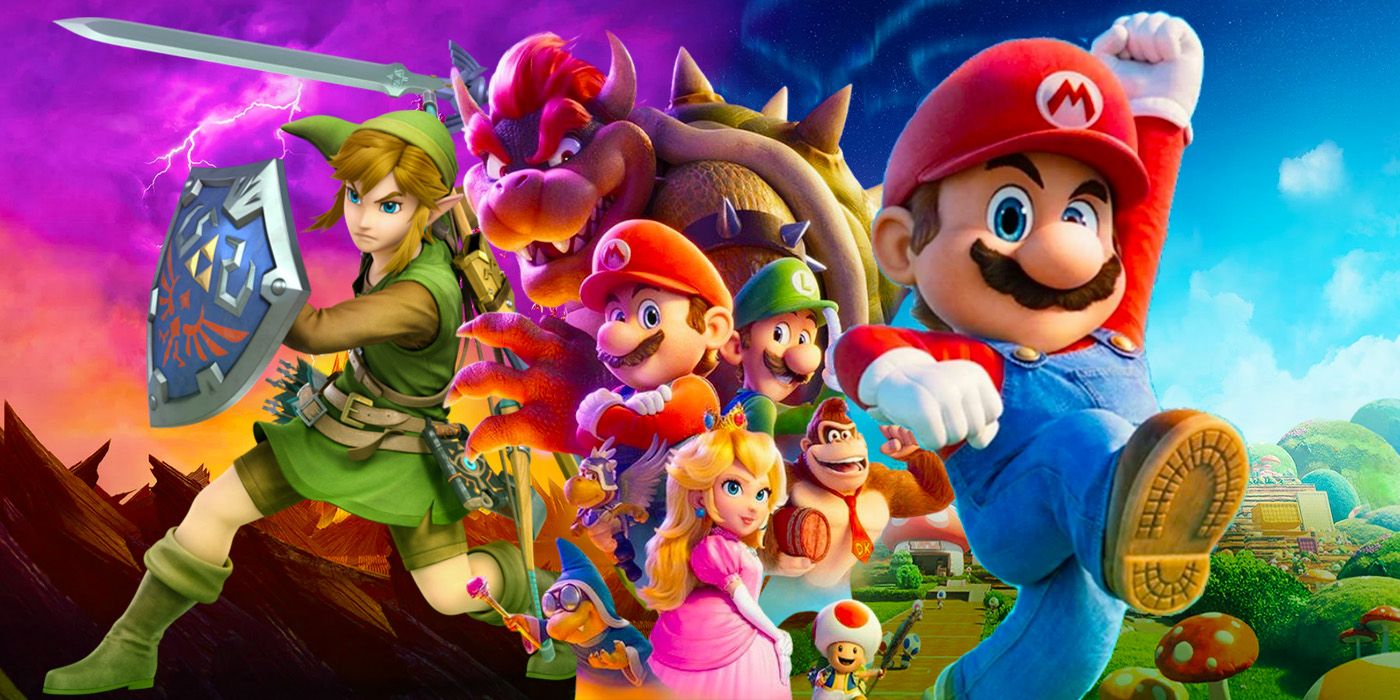
Nintendo’s announcement that the Switch 2 will support existing titles acknowledges the immense library of games available on the original Switch. According to the company, “more software has been played on Nintendo Switch than on any other Nintendo hardware.” This statistic speaks volumes about the console’s impact on the gaming landscape and the loyalty of its users. The potential for a new generation of gamers to experience these beloved titles while also looking forward to future releases is a powerful draw for the Switch 2.
The Future of Nintendo
As Nintendo prepares to unveil more details about the Switch 2, excitement continues to build among fans and industry analysts alike. The confirmation of backward compatibility is just one piece of the puzzle, but it is a crucial step in ensuring that the next console meets the expectations of a discerning audience. With so many questions still unanswered, the gaming community is left buzzing with anticipation for what Nintendo has in store.
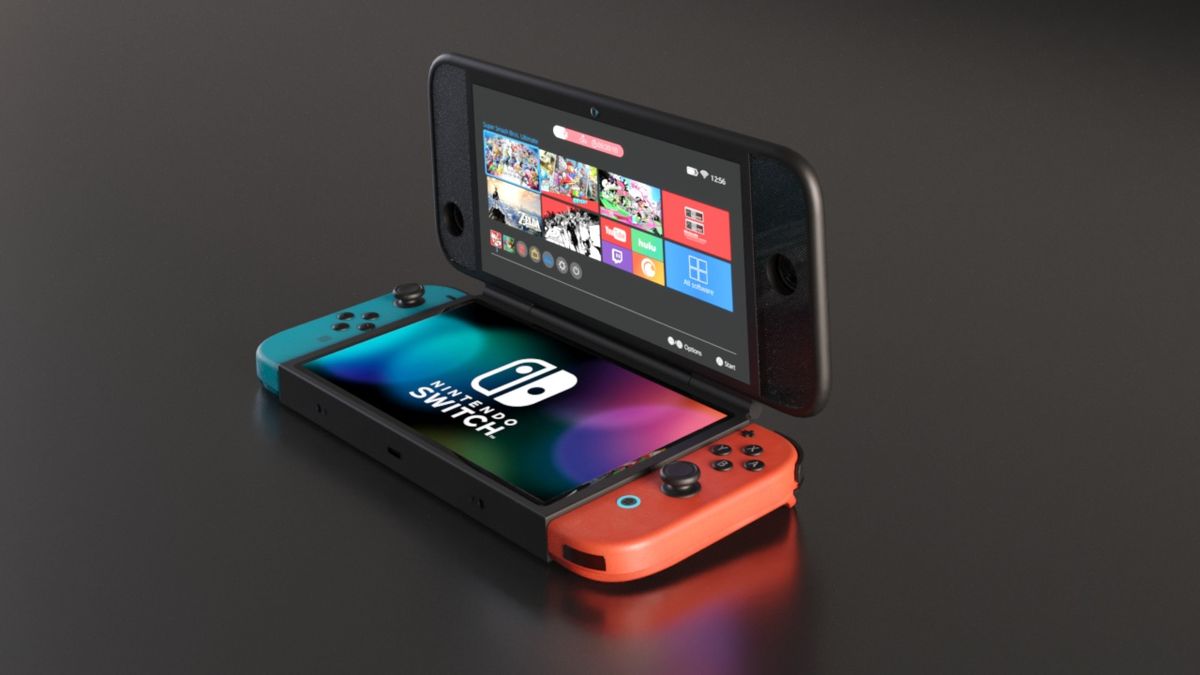
In conclusion, the transition from the original Nintendo Switch to its successor promises to be a significant moment in gaming history. By prioritizing backward compatibility and maintaining the connection with its user base, Nintendo is setting the stage for a successful launch of the Switch 2. As we await further announcements, one thing is clear: Nintendo is committed to ensuring that its players can continue their gaming journeys, building on the legacy of the Switch while embracing the future of gaming.

